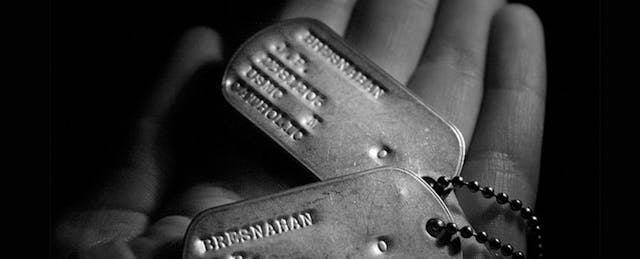Not long ago, the choice for young Americans was simple: education beyond grade 12 or not. Now, completing some form of post-secondary education is an imperative. Sociologist Randall Collins was right. We live in a “credential society,” and now, more than ever, credentials are critical to accomplishing basic social, economic and professional goals. And the market for credentials is exploding—which was underscored during a thoughtful panel discussion I participated in with leaders from General Assembly and edX at SXSWedu a few weeks ago.
Twenty years ago, credentials were largely limited to two ends of our workforce: the 35 to 40 percent that obtained a college or graduate degree and blue-collar workers that held a certification in a trade. But today, there is a growing pool of workers that demonstrate—and employers that demand—proof of training and competency across disciplines that didn’t even exist ten years ago.
Fields like user interface design and the rapid emergence of new areas in computer and data science are creating new challenges for hiring managers and CEOs. This focuses the question on not just where you went, but on what you know and how well. However, this credential explosion is not just limited to high tech. The U.S. Census Bureau reports that one in four Americans has some form of certification or license distinct from an academic credential.
Credentials matter in a knowledge economy. During this century’s Great Recession, Americans with less than a high school diploma were six times more likely to be unemployed than individuals with a professional degree. While the overall unemployment rate dipped below 8 percent in 2013, those holding a B.A. degree find their unemployment level hovering slightly above 4 percent, almost half the national average. And having an associate’s degree plus a certification or license adds a wage premium of about 15 percent.
But as Professor Collins noted, there is more to the rising importance of credentials in modern society than meets the eye. Indeed, social science literature suggests three basic conceptions of why credentials work as they do.
- Credentials are measures, codifying the acquisition of skills and knowledge. You can't look inside someone's brain to see how much they know, so credentials become the way society measures skill. In a knowledge economy, credentials reflect productive human capital; they have use value.
- Credentials are a social currency, a scarce resource that can be traded for privilege. Once, a high school degree could “purchase” a middle-class job. As more Americans earned high school degrees, the college degree was the ticket to a good job. Now, post-graduate credentials are increasingly a differentiator. In fact, employers are seeking workers with credentials for jobs that have not previously required them, termed “credit inflation.”
- Credentials act as a signal to employers. A bachelor’s degree from the local state university campus conveys meaningful information: the employer has hired other graduates from the program and associates it with a reliable expectation for the degree holder: they can do the job.
Whether seen as measure, currency or signal, credentials are at the center of a new debate in higher education. To have real, sustainable value, we need to make credentials a richer, updateable and personalized record of skills, expertise and experience. We need to move beyond one-dimensional, paper certificates toward more functional, portable descriptions of what one knows. And we need to do this while preserving the integrity and reliability of credentials for employers, institutions and peers that must use them to make critical, informed decisions. But how?
The first step is to modernize the credential infrastructure, bringing credentials into the digital world for operational efficiency and creating an exchange allowing credential issuers and credential consumers to be on the same network. Only then can we empower individuals to take control of their credentials throughout their lifetime, whether academic transcript, a certificate from a business or institution, or even a badge from any one of a number of entities. And we must begin to document experiential learning and co-curricular experiences, like studying abroad to expand the limited set of information credentials currently communicate.
The flip side is making it easier for learners to go to one place online to be able to assemble their credentials from multiple sources in one place. So they can then be shared and used to transfer more efficiently to access opportunities. We live online, and our profiles are online, like LinkedIn or Care.com. We are at the beginning of seeing credentials really bring life to people’s online identities to help them get jobs, earn business, and establish their professional identity.
Given these forces at play, I’m hopeful that we can counteract credentials as currency and signals and move towards credentials as the true measure of learning. And from an exchange value to a use value, enabling employers to be really thoughtful about what skills they are looking for and what credentials really matter. The time has come for an evolution, if not a revolution, of our credential society, bringing real benefit to all stakeholders.


